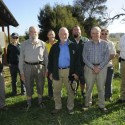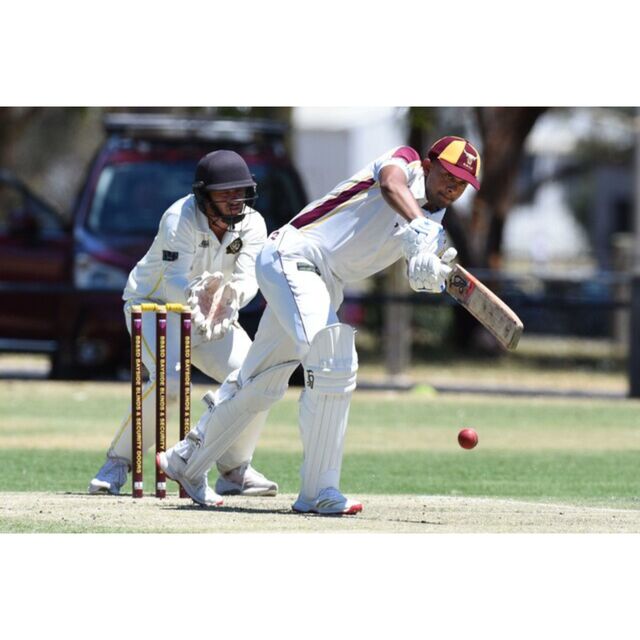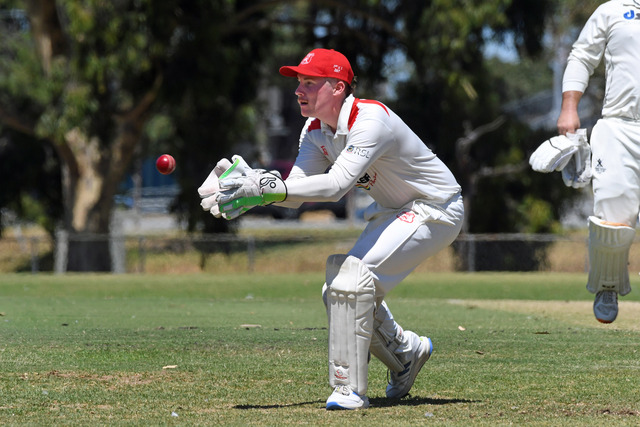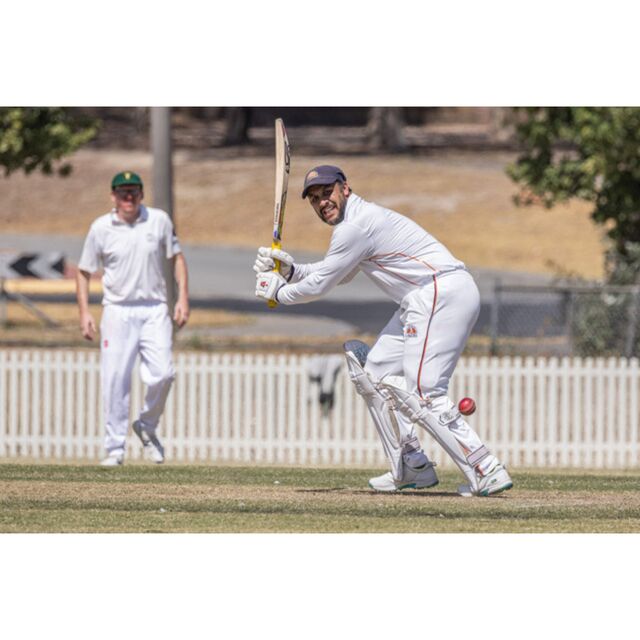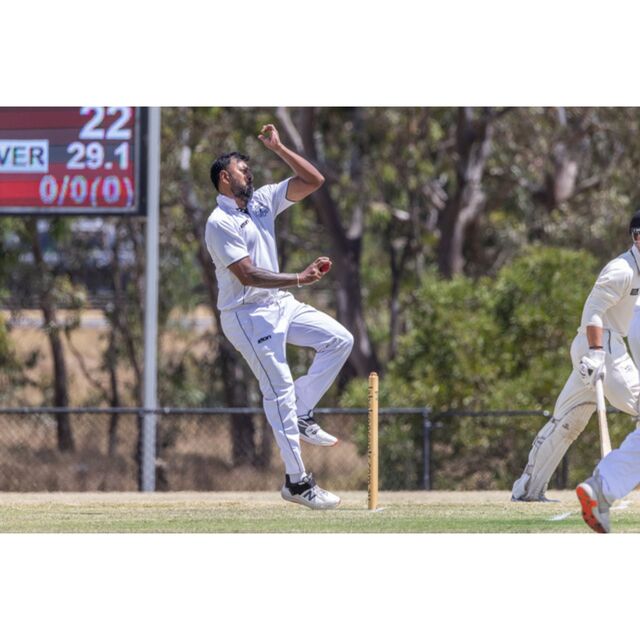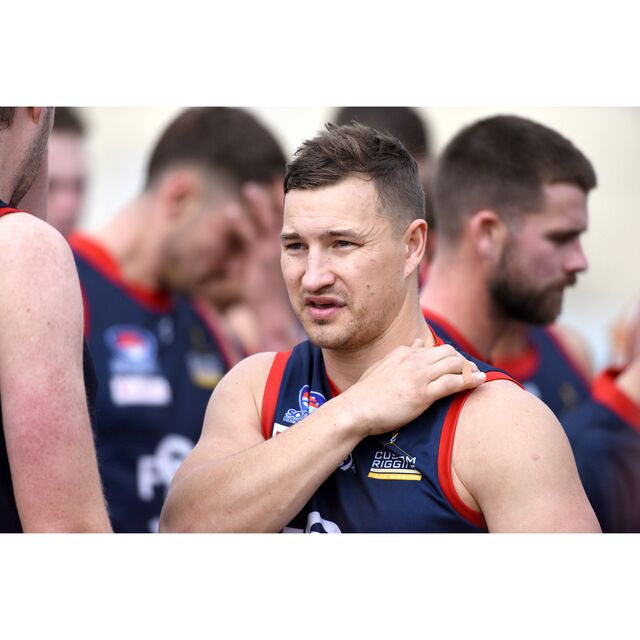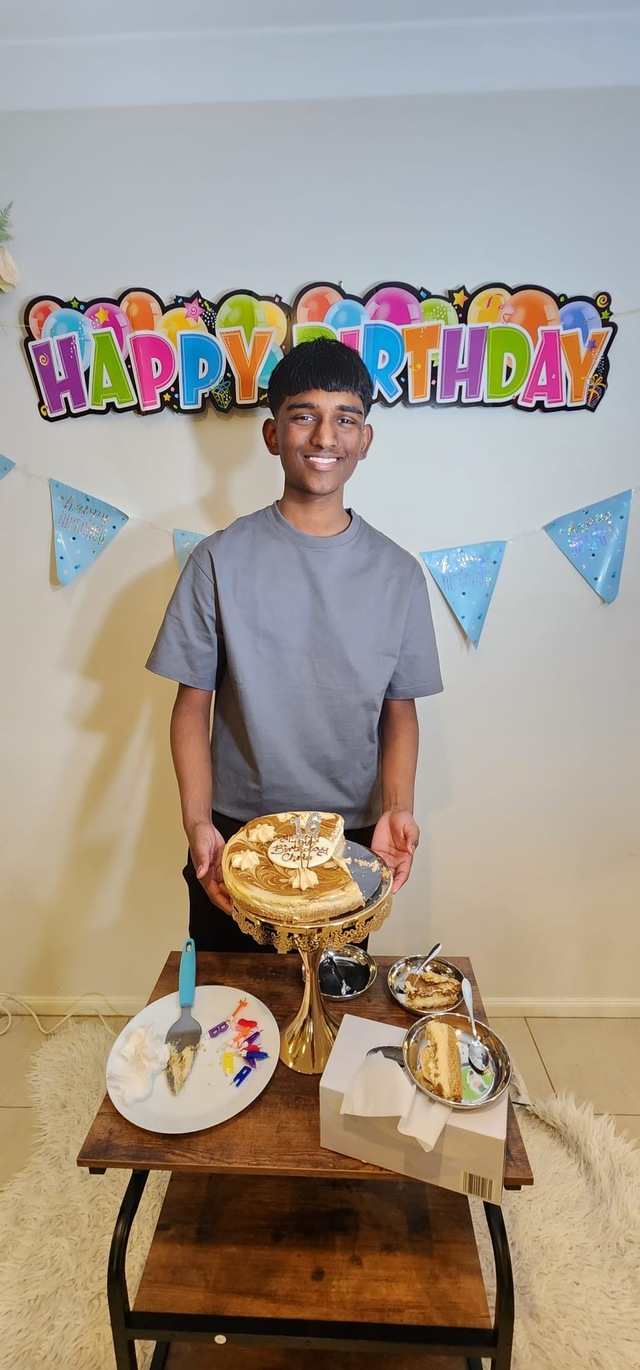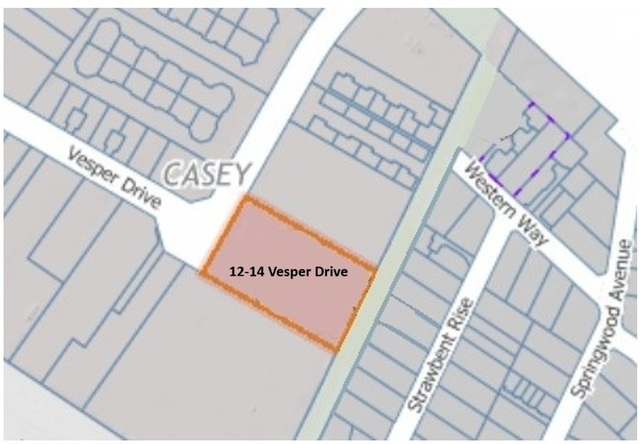By LACHLAN MOORHEAD
A RARE bird species could be making a comeback to Berwick.
Preparations are underway to re-introduce the rare Helmeted Honeyeater species back into the Berwick and Beaconsfield areas, with a team of professionals from Parks Victoria and Zoos Victoria conducting a preliminary assessment of the region on Monday 4 April.
The Berwick and Beaconsfield region served as the natural home of the Helmeted Honeyeater up until the Ash Wednesday bushfires, when their habitat was destroyed.
But now, more than 30 years later, the local branch of the Australian Plants Society was joined by the professional team to evaluate sites in Casey that the honeyeater could once again be introduced to.
After three decades, the rare bird species has grown to the point of being able be to re-introduced.
Alex Smart, a member of the Australian Plant Society’s Wilson Park Berwick branch, said the region was being assessed for a “trial” at this stage, but he said he was hopeful the rare bird species could make a welcome return to the region.
“The assessors were most impressed with Cardinia Creek, from the Cardinia Creek parklands upstream from there,” Mr Smart said.
“There were several spots, and there wouldn’t be a lot required to get the Helmeted Honeyeaters back in here.”
On Monday, Parks Victoria team leader Mick van de Vreede showed the masterplan for the Cardinia Creek Parklands then led the group up the creek.
Geoff Lockwood, a land management officer from the Cardinia Environment Coalition, then led the team through more sites upstream to Beaconsfield Upper, where the assessment team observed that revegetation would be required in various places.
Mr Smart said the local area had a lot of elements to it that made it a good potential home for the Honeyeaters.
“There’s a special mix of trees here, including eucalypts, and it has tea trees that these birds need for their nesting material,” he said.
For more information, visit www.apswilsonparkberwick.org.au

